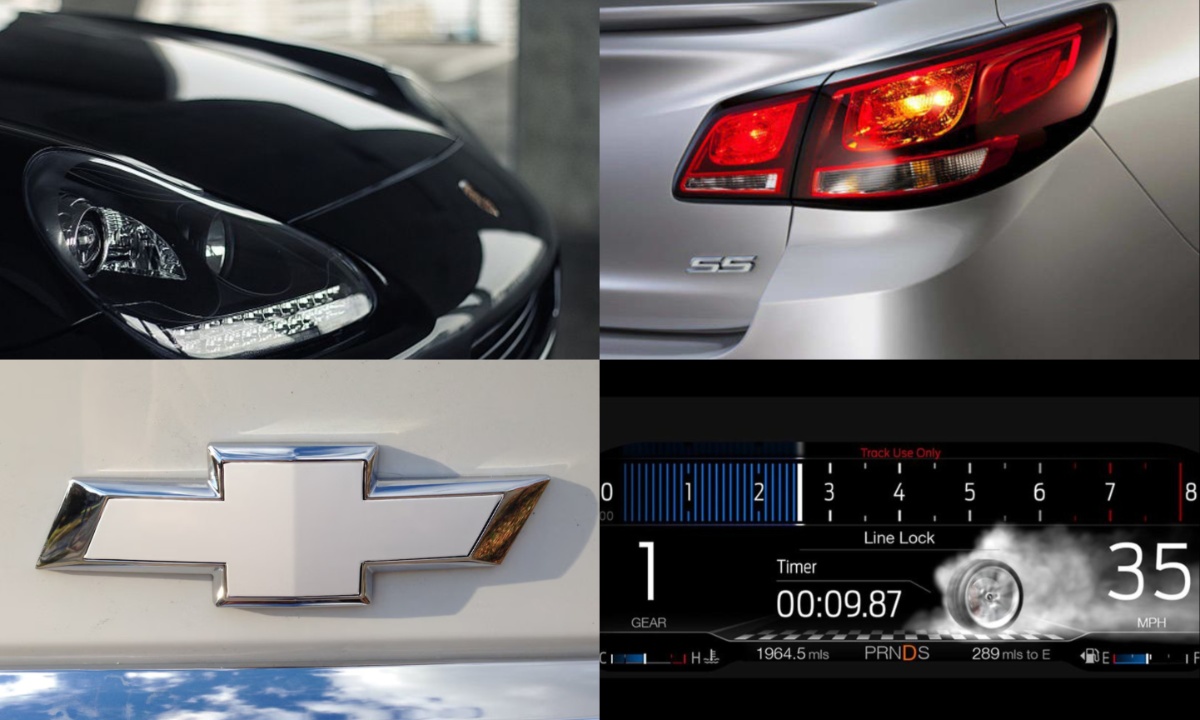Car safety features have played a crucial role in reducing road fatalities over the decades. Innovations like seat belts, airbags, and crumple zones have become standard, ensuring a safer driving experience.
However, with increasing government regulations, some bans have gone beyond safety concerns, delving into cultural, economic, and even superstitious reasons. While some restrictions make sense, others raise eyebrows for their seemingly absurd justifications. Here, we explore some of the most intriguing bans on cars and features in different parts of the world.
1. Australia: The Ford Mustang Line Lock Ban
Australia has a rich automotive culture, particularly in muscle cars and Japanese Domestic Market (JDM) vehicles. However, the government has strict anti-hooning laws, which prohibit reckless driving behaviors such as burnouts. As a result, the Ford Mustang’s Line Lock feature, which allows drivers to lock the front brakes and spin the rear wheels, has been banned.
While this feature is primarily used for drag racing, authorities feared it would encourage illegal street racing and burnouts. Consequently, Ford Mustangs sold in Australia come without this feature, much to the disappointment of car enthusiasts.
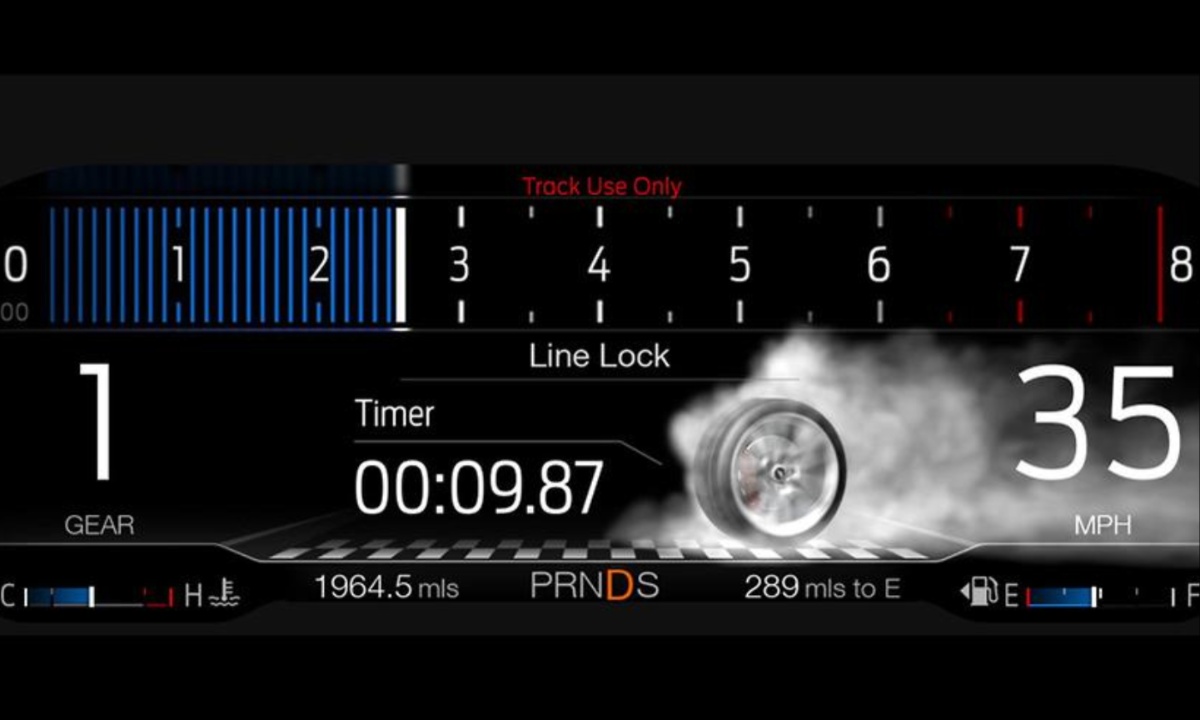
2. Europe: The Camaro ZL1 1LE Dive Plane Restriction
The Chevrolet Camaro ZL1 1LE, a high-performance American sports car, faces an unusual restriction in Europe. Its aggressive aerodynamics include large front dive planes that generate downforce and aid cooling. However, these features do not comply with European pedestrian safety regulations.
Authorities argue that in the event of a collision, the dive planes could cause severe injuries, particularly by cutting into pedestrians’ legs. As a result, the ZL1 1LE is only permitted on racetracks in Europe, preventing road use for this powerful vehicle.
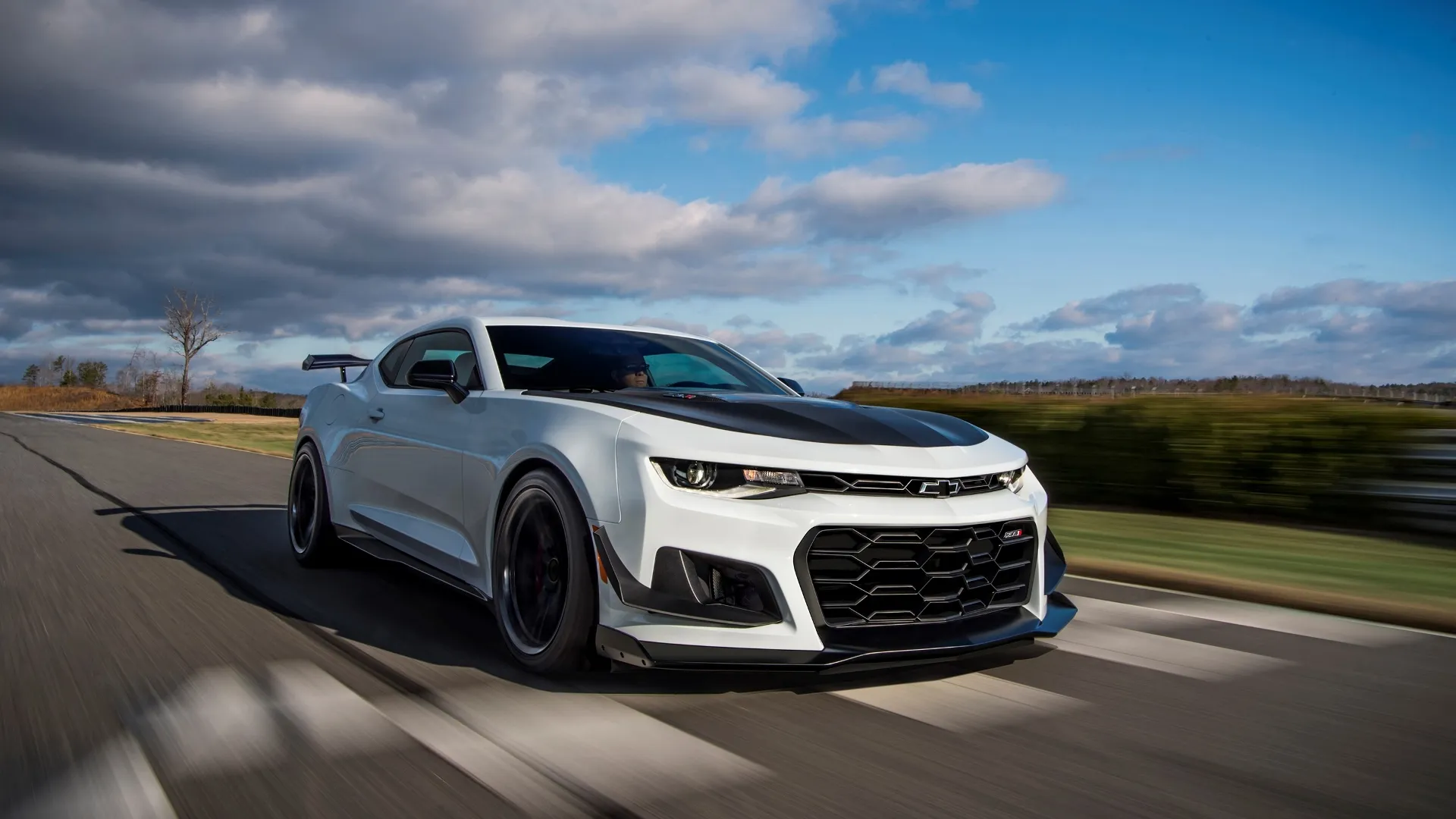
3. India: A Blanket Ban on Driverless Cars
India has completely banned driverless cars, despite the technology still being in its developmental phase. Transport Minister Nitin Gadkari explicitly stated that the country would not allow autonomous vehicles on its roads. The primary reason for this decision is the concern over job losses, as India has a large number of professional drivers.
While technological advancements often spark fears about employment disruption, India’s outright ban reflects a deep-rooted resistance to automation in transportation. Given the country’s complex traffic conditions, some experts believe that fully autonomous cars would struggle to function effectively in India anyway.
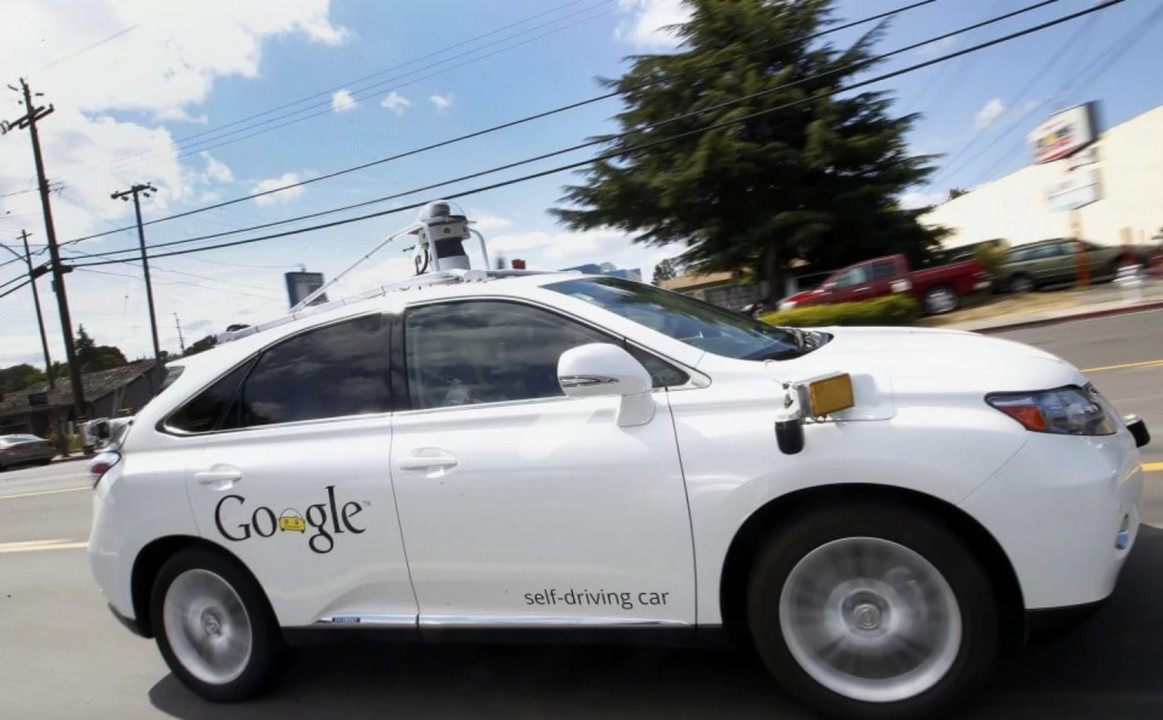
4. United States: The TVR Safety Controversy
British car manufacturer TVR has never been able to legally sell its cars in the United States due to a lack of essential safety features. The brand, known for its raw and uncompromising sports cars, refuses to include anti-lock brakes, traction control, or airbags in its vehicles.
TVR argues that their cars are safer without these features, relying instead on driver skill and lightweight design. However, U.S. regulators disagree, banning models like the TVR Tuscan, T350, Cerbera, and Sagaris from public roads. This decision has only fueled TVR’s reputation as a manufacturer of thrilling yet notoriously unforgiving cars.
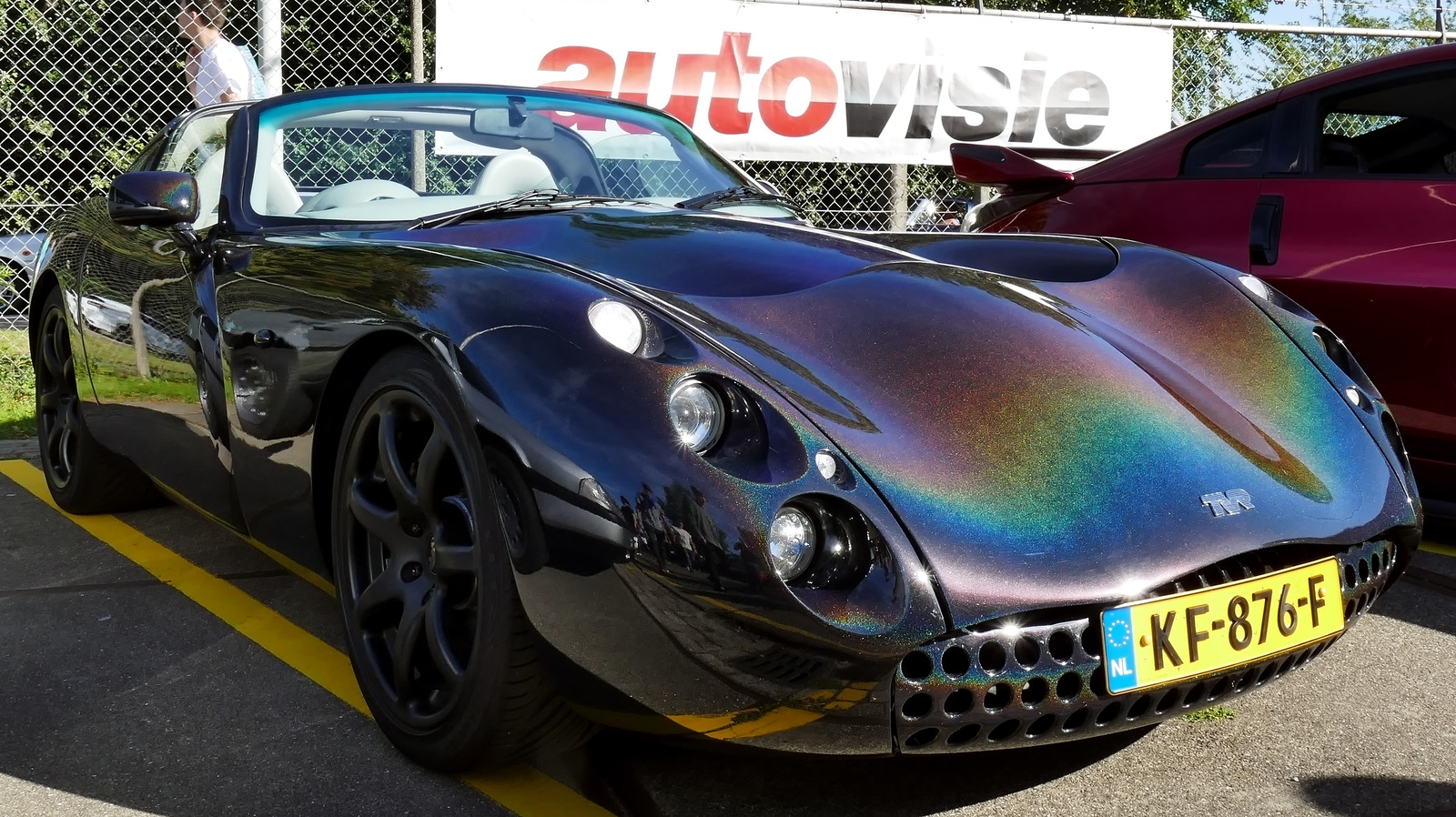
Also Read: 10 Best Performance Fuel Additives That Help Improve Your Vehicles Efficiency
5. Turkmenistan: The Black Car Ban
One of the most bizarre car bans comes from Turkmenistan, where black cars were banned in the capital city in 2015. The reasoning behind this decision is linked to President Gurbanguly Berdymukhammedov’s superstitious beliefs, as white is considered a lucky color in Turkmenistan.
Authorities even began impounding black cars and only returned them if owners agreed to repaint them in white or light colors. This unusual mandate led to a surge in demand for car repainting services, doubling the costs of resprays in the capital. The ban is one of many strict and seemingly arbitrary regulations imposed by the government.
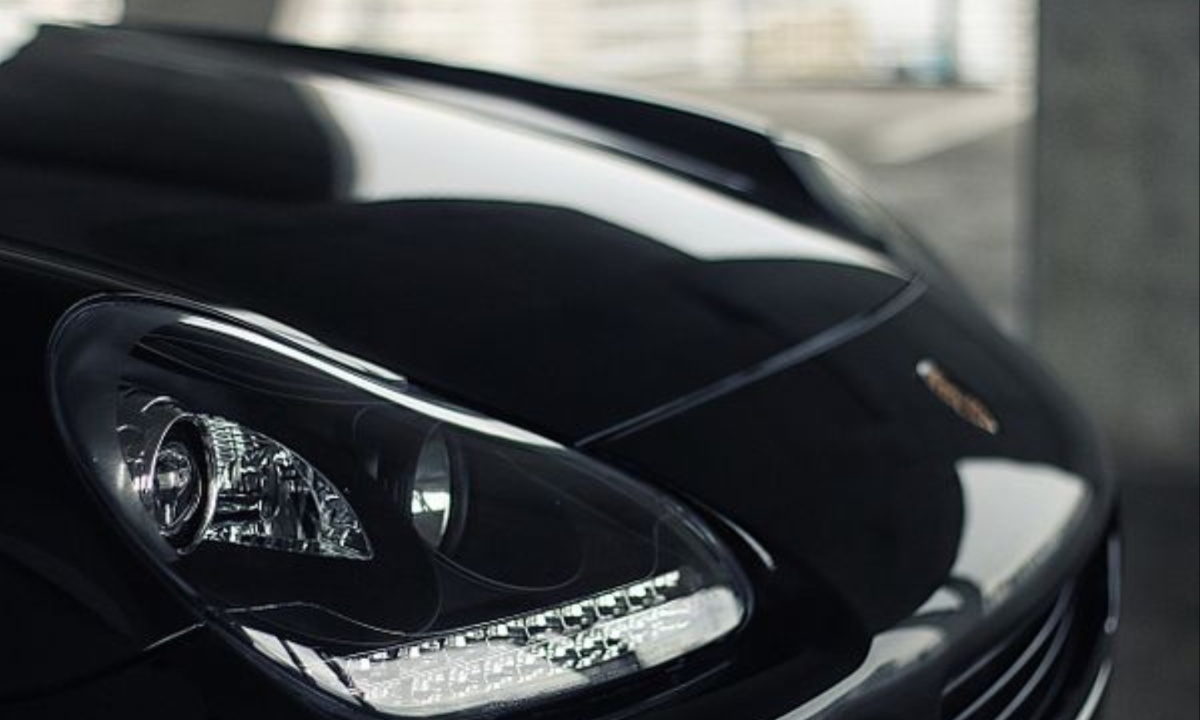
6. Israel: Chevrolet SS Name Controversy
When Chevrolet introduced the SS (Super Sport) model, it faced an unexpected roadblock in Israel. The problem stemmed from the model’s abbreviation, as “SS” is also associated with the Schutzstaffel, the Nazi paramilitary organization responsible for the Holocaust.
Given Israel’s history and sensitivities, the government banned the Chevrolet SS from being sold in the country. While automakers often encounter translation or branding issues in different markets, this oversight proved to be a particularly significant and preventable misstep by Chevrolet.
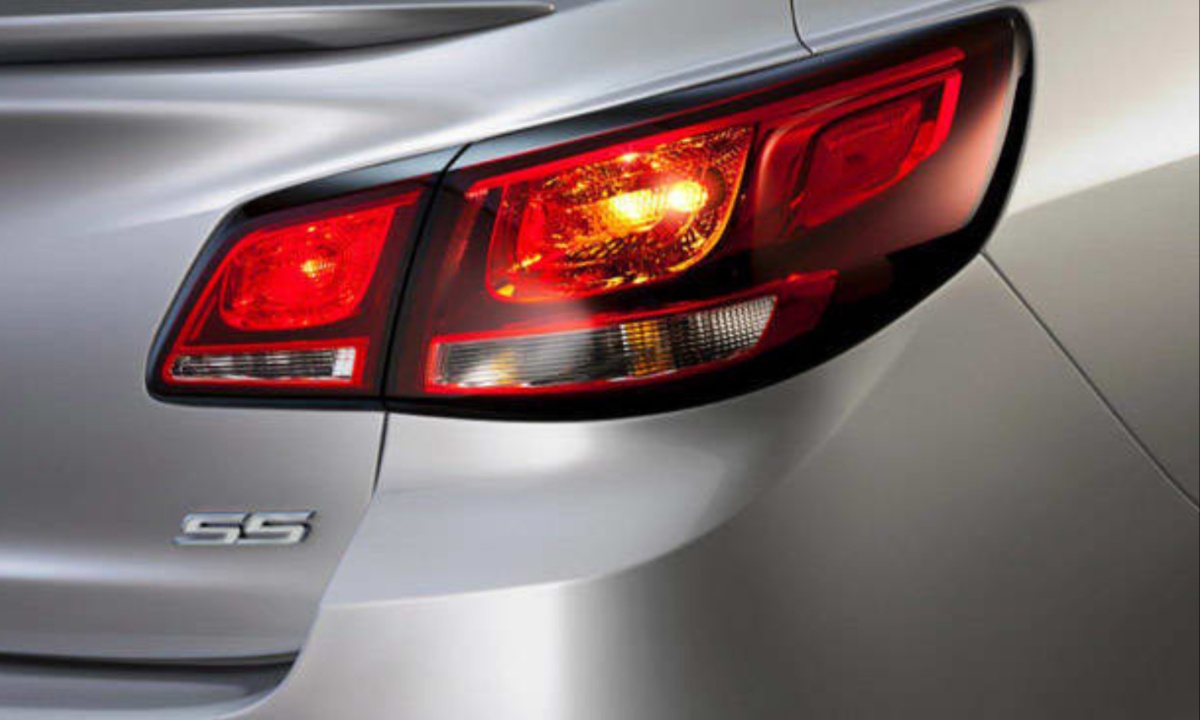
7. United States: The Pagani Zonda R’s Airbag Dilemma
The U.S. has a long list of cars that fail to meet its strict safety regulations, and the Pagani Zonda R is a notable entry. Despite being an elite hypercar, the Zonda R is not street-legal in the U.S. unless imported under a special “Show and Display” license, which limits annual mileage to 2,500 miles.
The reason? The Zonda R lacks “advanced” child-safe airbags, a requirement by the National Highway Traffic Safety Administration (NHTSA). Given that the car is an ultra-exclusive, track-focused machine unlikely to carry children, many enthusiasts find this restriction unnecessary.
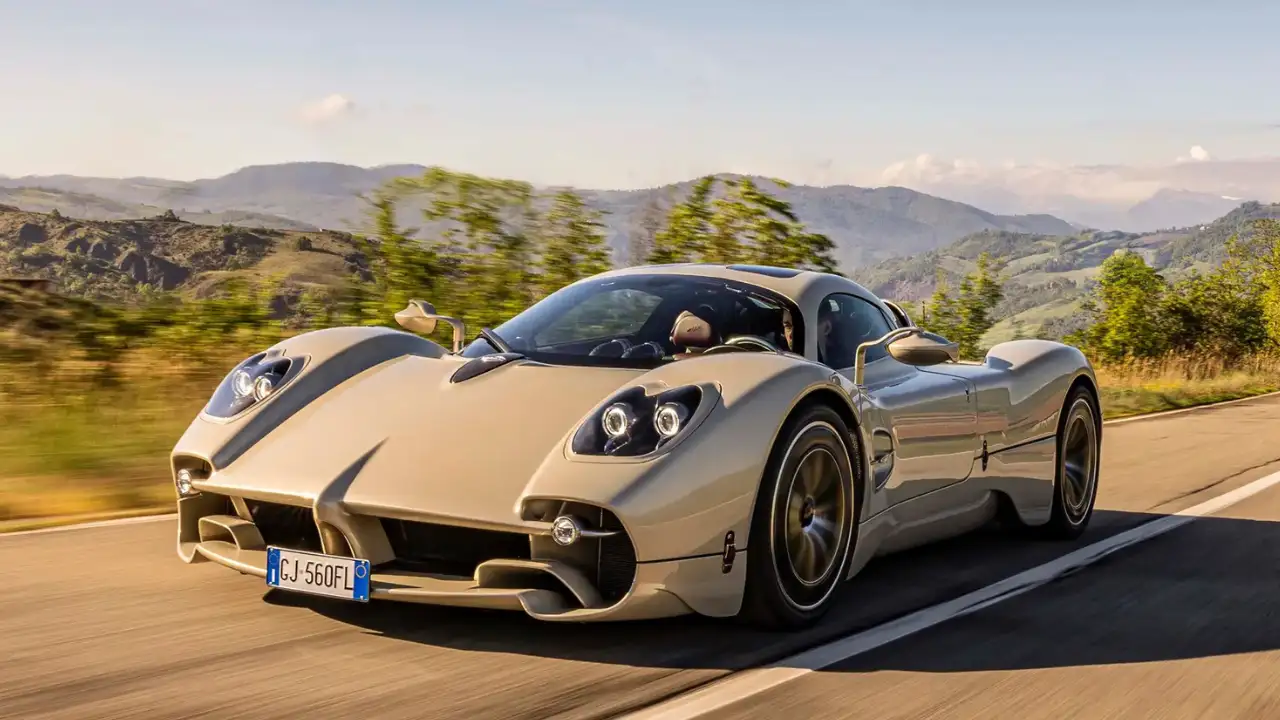
8. South Korea: Volkswagen’s Dieselgate Fallout
Volkswagen faced severe consequences in South Korea due to the Dieselgate scandal, where the company was caught using software to manipulate emissions tests. In 2016, South Korean authorities revoked Volkswagen’s rights to sell 32 models in the country and conducted raids on the company’s offices.
The government also indicted three Volkswagen executives for their role in the deception. Despite VW’s efforts to regain market trust, many South Koreans remain skeptical, and the company continues to struggle to regain its former status in the region.
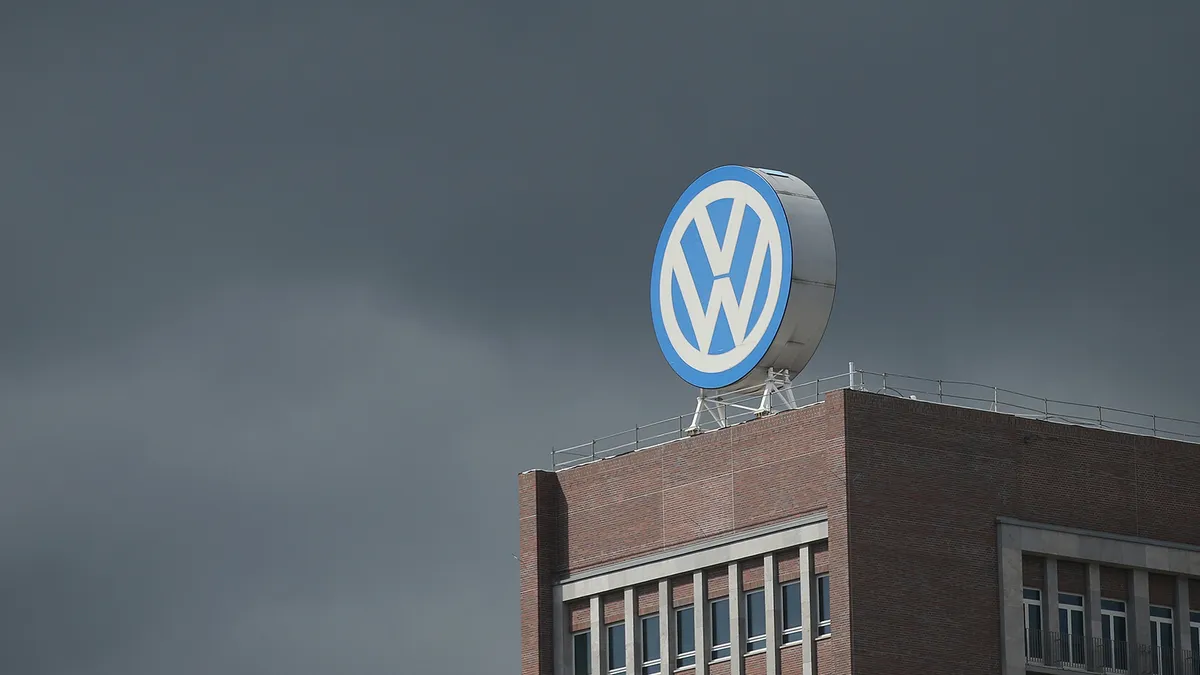
9. Egypt: The Chevrolet Bowtie Ban
Chevrolet encountered another unexpected ban in Egypt in 2012 due to religious concerns. A prominent Egyptian spiritual leader issued a fatwa against Chevrolet vehicles, arguing that the bowtie emblem resembled a Christian cross.
The fatwa led to calls for a boycott of Chevrolet products, though the ban did not receive official government enforcement. Egyptian TV presenter Amr Adib ridiculed the decision, pointing out the absurdity of believing that an American car company had intentionally designed its logo to offend Muslims. Despite this controversy, Chevrolet continues to sell vehicles in Egypt.
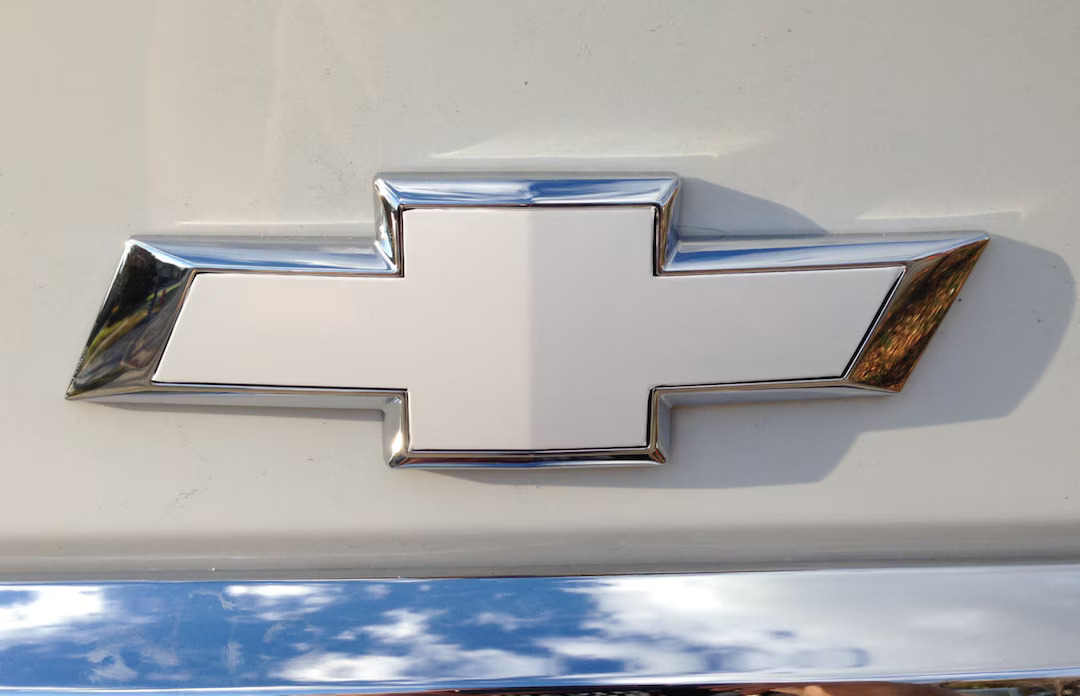
While some car bans are driven by legitimate safety concerns, others stem from cultural beliefs, political considerations, or regulatory overreach. Whether it’s Australia’s crackdown on burnouts, Turkmenistan’s obsession with white cars, or Israel’s sensitivity to historical symbolism, these restrictions highlight the diverse and sometimes puzzling ways that governments regulate automobiles.
As car technology continues to evolve, it remains to be seen what new bans will emerge and whether they will be met with understanding or controversy.
Also Read: The 10 Most Futuristic Cars That Are Coming To The Automotive World

